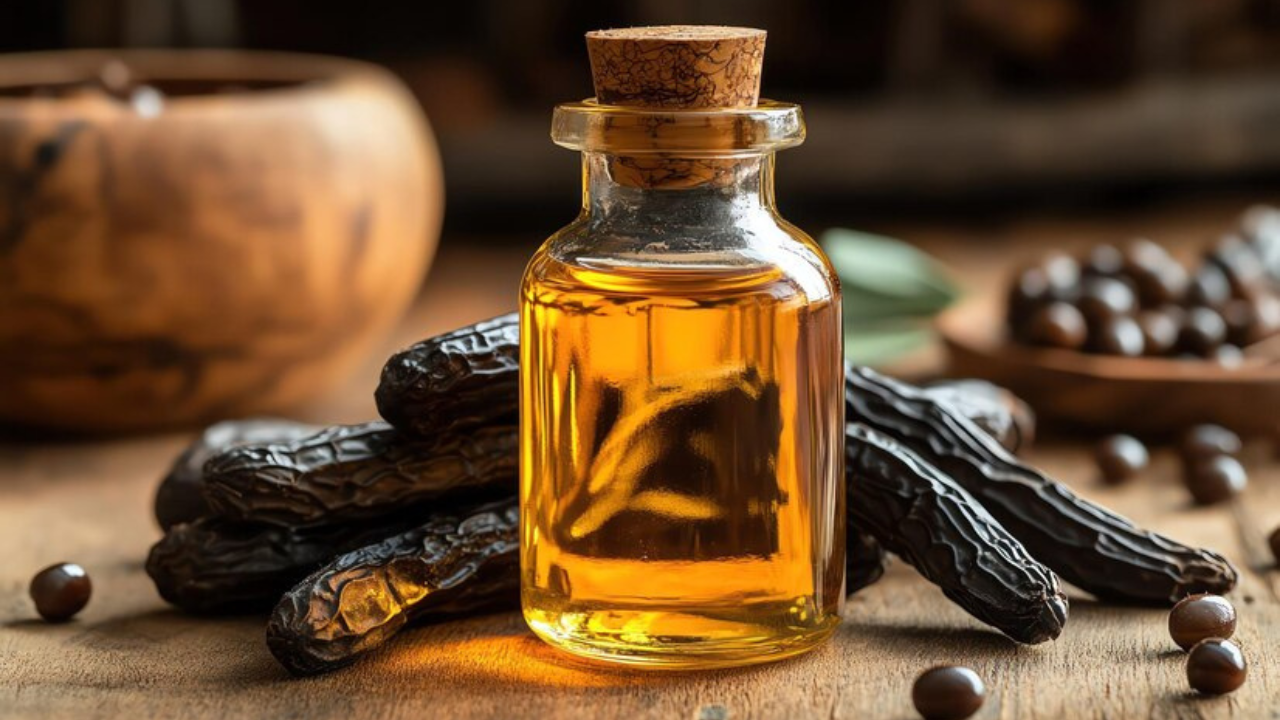Introduction to Batana Oil
Batana oil has been a treasured secret for centuries, especially among the indigenous communities of Honduras. This natural wonder is extracted from the nuts of the American palm tree, offering a wealth of benefits for skin and hair care. As consumers increasingly turn to products that are both effective and environmentally friendly, understanding how batana oil is produced becomes essential.
The traditional methods of harvesting and processing batana oil have deep cultural roots but raise significant environmental concerns. With growing awareness about sustainability in beauty products, there’s a pressing need to examine these practices closely. The shift towards sustainable batana oil production not only promises to protect our planet but also enhances the quality and integrity of this remarkable ingredient.
Join us as we explore the intricate relationship between batana oil production and environmental sustainability, ensuring that this cherished resource can be enjoyed for generations to come.
The Traditional Process of Batana Oil Production
Batana oil has deep roots in the culture of Honduras, particularly among the indigenous communities. The process begins with harvesting the fruit from the American palm tree, known locally as “Elaeis oleifera.” Each fruit is carefully selected for its ripeness.
Once gathered, the fruits undergo a meticulous method of preparation. They are boiled to soften their flesh and make extraction easier. After boiling, artisans hand-mash them to release the oil.
The next step involves straining the mixture through cloth to separate solids from liquid gold. This unrefined product retains its rich nutrients and natural scent, setting it apart in skincare and haircare markets.
Traditional methods emphasize community involvement and craftsmanship. Each batch reflects local practices passed down through generations. This connection between people and nature highlights batana oil’s cultural significance beyond just beauty benefits.
Environmental Concerns Surrounding Traditional Production Methods
The traditional methods of Batana oil production pose significant environmental challenges. The extraction process often relies on deforestation, leading to habitat loss for numerous species. This disruption not only threatens wildlife but also contributes to carbon emissions.
Water pollution is another concern associated with conventional practices. When the oil is extracted using outdated techniques, waste materials can contaminate local water sources. This impacts both aquatic life and communities that depend on these waters for drinking and farming.
Additionally, the use of non-sustainable harvesting practices puts immense pressure on batana palm populations. Overharvesting can lead to a decline in trees, affecting biodiversity and ecosystem balance.
These issues highlight a critical need for sustainable alternatives in Batana oil production that prioritize ecological well-being while meeting consumer demand.
The Shift Towards Sustainable Batana Oil Production
Recent years have seen a growing awareness around the environmental impact of traditional batana oil production. As consumers become more eco-conscious, brands are responding with sustainable practices.
Innovative methods now focus on reducing deforestation and preserving local ecosystems. These approaches often include agroforestry techniques that promote biodiversity while still allowing for batana cultivation.
Furthermore, community involvement is becoming crucial in this shift. Local farmers are empowered to adopt sustainable harvesting methods, ensuring that both their livelihoods and the environment thrive.
Certifications for sustainable practices are also emerging. They provide transparency and help consumers make informed choices when purchasing products containing batana oil.
This evolution not only benefits the planet but also elevates the quality of batana oil itself. Sustainable processes can enhance its properties, making it even more desirable in beauty products worldwide.
Benefits of Sustainable Batana Oil Production
Sustainable Batana Oil production offers numerous advantages that extend beyond environmental protection. One key benefit is the preservation of biodiversity. By adopting eco-friendly practices, producers can maintain healthy ecosystems while cultivating the unique palm trees used for this oil.
Additionally, sustainable methods often enhance local economies. Fair trade practices ensure that communities receive fair compensation for their labor and resources, promoting economic stability and growth.
Health benefits also arise from sustainable production techniques. Natural farming reduces pesticide use, resulting in a cleaner end product free from harmful chemicals.
Consumers are increasingly drawn to products with ethical sourcing. Sustainable resonates with conscious buyers seeking transparency in their beauty choices.
Prioritizing sustainability fosters a sense of community among producers and consumers alike. It creates shared values around environmental stewardship and social responsibility, leading to stronger connections within the market.
Steps towards a More Sustainable Future for Batana Oil
A more sustainable future for Batana oil production begins with education. Local communities should be informed about the environmental impacts of traditional methods. Workshops and training can empower them to embrace eco-friendly techniques.
Emphasizing organic farming practices is essential. Cultivating palm trees without harmful pesticides preserves biodiversity and soil health. This approach not only benefits the environment but also enhances the quality of Batana oil.
Promoting fair trade practices can further foster sustainability. Ensuring that producers receive fair compensation encourages them to maintain environmentally friendly methods while supporting their livelihoods.
Collaboration among stakeholders is crucial. Governments, NGOs, and businesses need to work together in creating policies that prioritize sustainable practices in Batana oil production. This partnership can lead to innovative solutions that benefit both people and the planet alike.
Conclusion:
The beauty industry has a significant influence on consumer choices and environmental practices. Supporting sustainable production methods for products like Batana oil is crucial in promoting ecological balance. When consumers opt for sustainably produced Batana oil, they send a clear message to brands about the importance of responsible sourcing.
Choosing eco-friendly options helps protect natural resources and promotes biodiversity. It encourages farmers to adopt practices that are not only beneficial for their livelihoods but also gentle on the environment. The ripple effect of these choices can lead to improved community health and economic stability.
As awareness grows, so does the demand for transparency in product sourcing. Consumers have the power to drive change by supporting brands that prioritize sustainability. By making informed decisions, we contribute to a healthier planet while enjoying high-quality beauty products.
Sustainable practices should become the norm rather than an exception within the beauty industry. Emphasizing sustainability benefits everyone—from producers who rely on healthy ecosystems to consumers seeking effective solutions without compromising our environment’s integrity.











